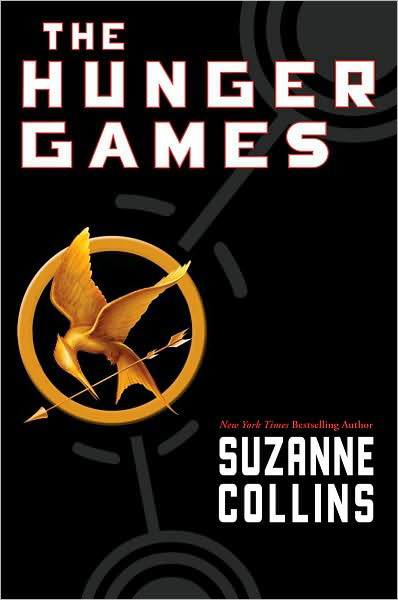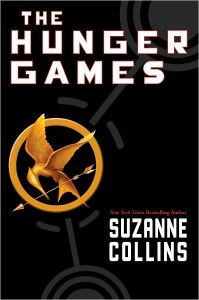

Much like the title of the second novel of the series, Suzanne Collins’ “The Hunger Games” trilogy is catching fire with readers of all age levels.
“I think they’re so popular because they’re really well-written for a young-adult book,” said second-year psychology major Jayne Costello. “They’re just so descriptive and so compelling.”
“The Hunger Games” has been popular among literary critics and young adults since it was first released in 2008. The books, which are classified largely as young-adult dystopian literature, concern the nation of Panem, which was once North America. The new nation is a dictatorship, based in “The Capitol.” The Capitol demonstrates their power to its 12 districts by means of the Hunger Games, a televised event where children are forced to fight to the death.
The story follows Katniss Everdeen, a girl from the impoverished District 12, who volunteers to participate in the games after her younger sister, Prim, is initially drawn to participate. She and the male tribute from her district, Peeta Mellark, go through the games together, suffering through the hardships of murder, conflicting feelings and their vulnerability as contestants in the games. Costello believes that a large part of the success the books have seen is due to the role of Katniss.
“She’s definitely not a Mary-Sue,” said Costello. “The thing about Katniss is that she’s such an unlikeable character and she even says in the books that people should not look up to her or like her or admire her…And that’s what makes you like her so much.”
Erin Newcomb, the professor of the Young Adult Literature class taught at SUNY New Paltz, has included the first book of the series as part of the curriculum for the course. She said that while not being part of the literary canon of dystopian literature, she believes that the books are “definitely worthy” of being studied.
“I think it fits in a particular way,” said Newcomb. “I’m teaching the young adult class and I have a bit of a dystopian spin on it…I think that we’re drawn to dystopias at this point because they fit into speculative fiction and they raise a lot of questions that people are asking already. And literature that does that in compelling ways is always going to be interesting to us.”
The series has proven their worth amongst high school classrooms as well. High school English teachers are beginning to introduce the first book of the trilogy as required summer reading for their students. Christina Doyle, a high school sophomore from King’s Park, N.Y., was given the book as a summer assignment from Our Lady of Mercy Academy.
“I couldn’t believe I was finally getting to read the book that all my friends were raving about,” said Doyle. “I think that the book is so popular among me and my friends because we can relate to what the main character is going through. Katniss is in her teenage years and so am I. I could almost feel what she was feeling throughout the whole book.”
The books have been reaching a diverse demographic of readers. The books are now part of a highly-anticipated movie saga. The movie, which releases the first of four during March of next year, will star Jennifer Lawrence (“Winter’s Bone”) as Katniss, Josh Hutcherson (“The Kids Are All Right”) as Peeta and Liam Hemsworth (“The Last Song”) as Gale Hawthorne, Katniss’ best friend from District 12. Newcomb expressed her interest and excitement of how the movies will be done after reading the coverage magazines such as Entertainment Weekly have been giving the series. Some have compared the hype for the “Hunger Games” to that of the “Harry Potter” and “Twilight” franchises, although Newcomb does not believe that it will be the same.
“I don’t think it’s the same kind of story,” said Newcomb. “‘Twilight’ and ‘Harry Potter’ are very satisfying stories, and nothing about what happens to Katniss in the end is satisfying and she doesn’t get a happy ending. Where those stories are looking to satisfy viewers, the ‘Hunger Games’ I think is intentionally trying not to satisfy us.”
The books are known for their high levels of violence, and Costello said she worries the filmmakers will have to cut much of this out as to satisfy the young group of fans attracted to the series.
“I think they’ll have to tone the violence down but if they want the entire essence of the story it should be rated R,” said Costello. “But it’s young adult so they’ll probably have to keep it at PG-13.”
Even with concerns looming in the back of the mind, Costello is sure the movies will satisfy hers and other fans’ love of the franchise.
“I think that in the end they’re definitely going to be well-made,” said Costello. “Obviously it isn’t going to be what I pictured in my head, because no books transformed into movies are. But I think they’ll still do a good job and I think I’ll definitely be happy.”
